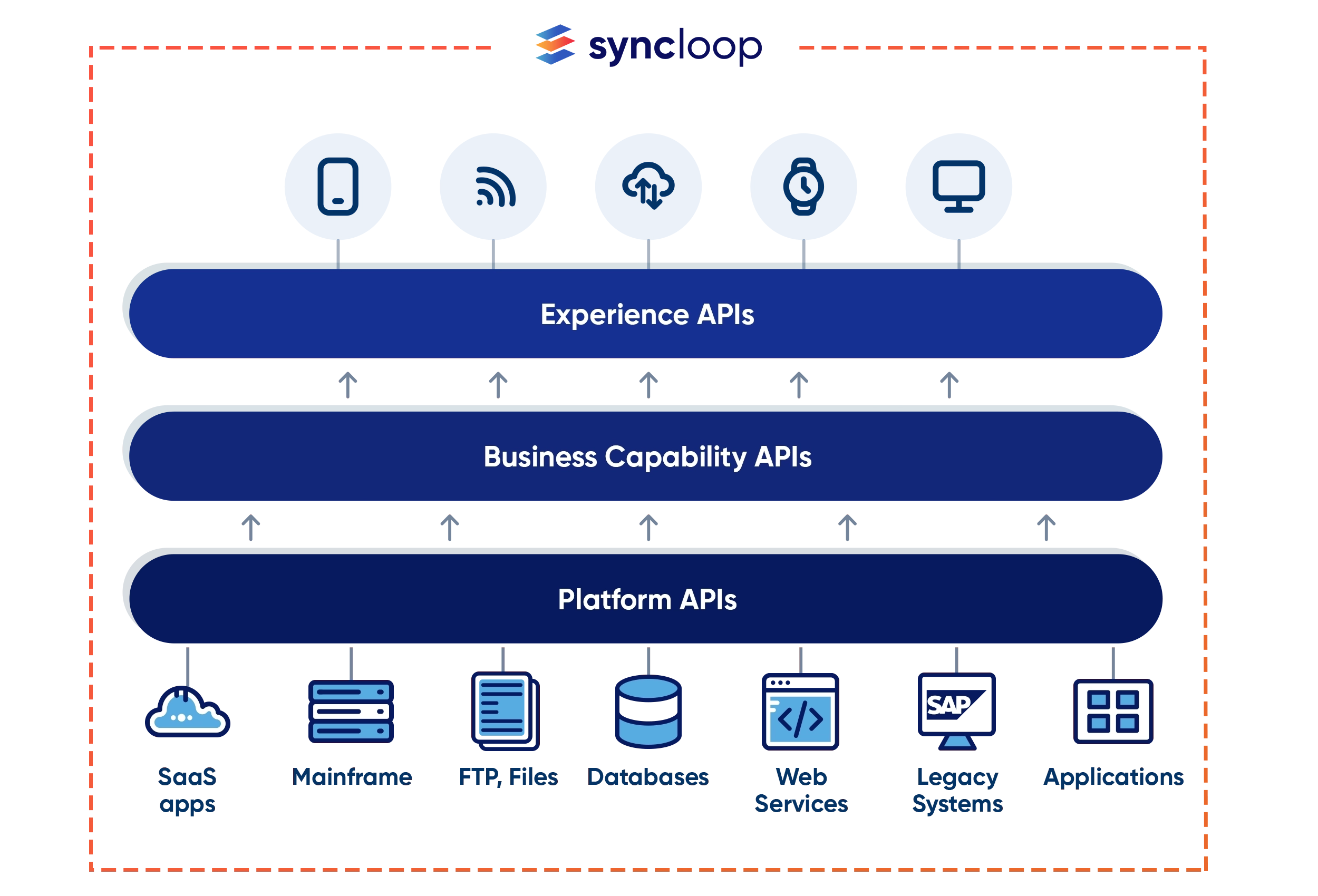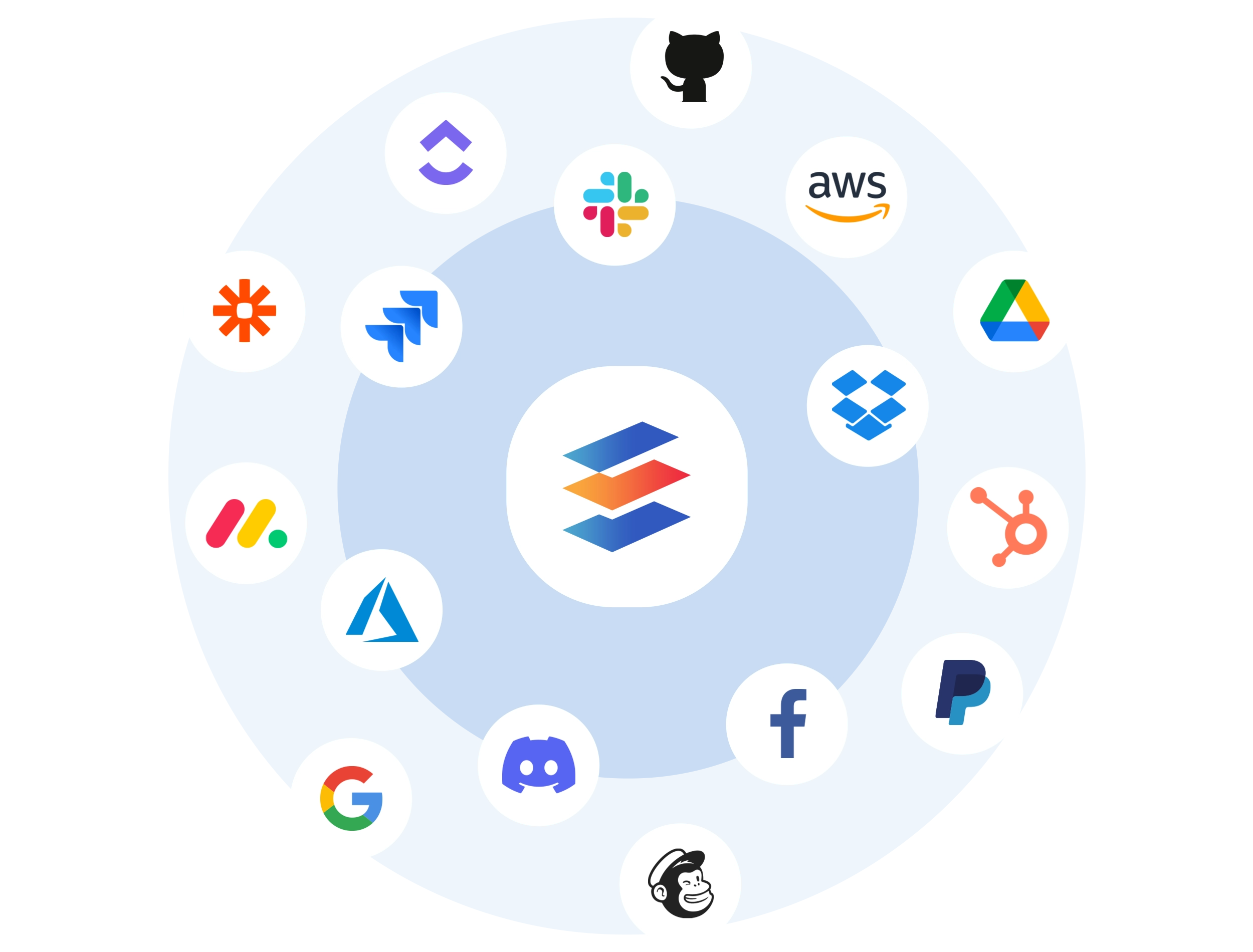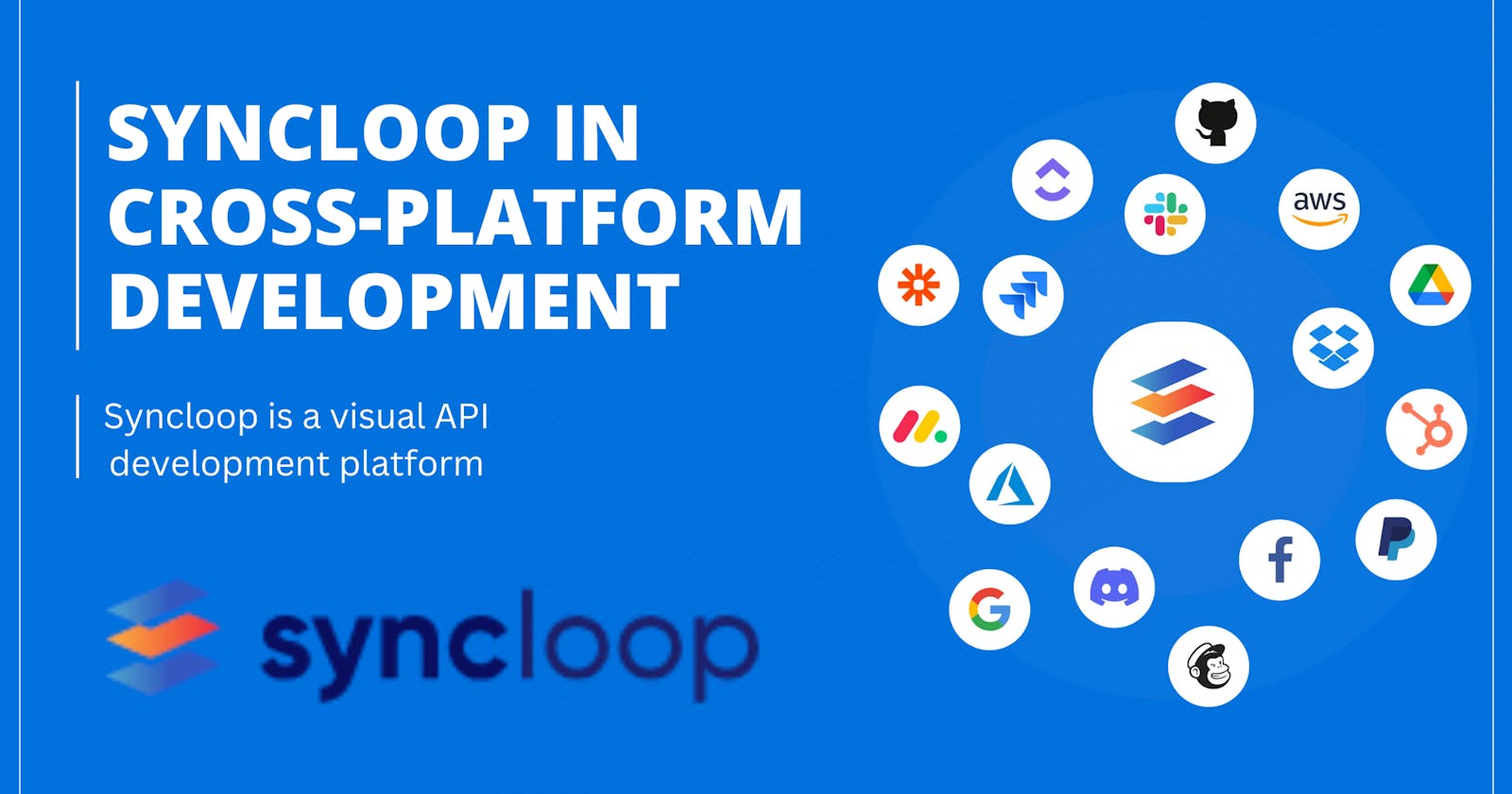Hey guys, my name is Sai Narasimha, and I'm writing this blog on the syncloop api, which is a visual API development platform. Today, I will demonstrate how syncloop aids in cross-platform development.
What is API:
An Application Programming Interface (API) is a set of rules that allows different software applications to communicate with each other. It acts as a middle layer that processes data transfers between systems, enabling companies to share their application data and functionality with external third-party developers, business partners, and internal departments within their companies.
How syncloop helps in creating faster and user interface api:
Develop APIs on a large scale
Enabling application programming interfaces (APIs) to be accessed and utilized by external websites and platforms, allowing for seamless integration and enhanced functionality across different digital environments.
Develop and integrate business logic and functionality into the system. This involves creating and incorporating the necessary processes and operations to ensure the smooth and efficient functioning of the business.

Cloud Transformation for modern businesses
Syncloop support the transition from on-premises to cloud computing. Maintain consistent service delivery during periods of unpredictable demand. Support the use of Microservices, Containerization, CI/CD, and DevOps. Improve the adoption of cloud technology for better service delivery.

API Integration
Syncloop allow:
Unlock the value from current and outdated data sources
Connect to the top apps and tools
Accomplish anything by reusing Internal/external APIs
Enhance API development strategy and productivity while managing each API separately

Run Syncloop On docker
Using docker, developers can run the Syncloop on a docker container.
Run on Docker CLI:
To run Syncloop use the following command
docker run -d -p 8080:8080 nature9/syncloopUse nature9/syncloop-community for community version image
Run Docker Compose
You can deploy and manage multi-container applications defined in the ompose file. Create a file called docker-compose.yaml and add following content:
version: '2.1' services: syncloop: image: nature9/syncloop environment: - LOGGING_FILE=/logs/server.log ports: - "8080:8080" volumes: - eka_vol:/eka volumes: eka_vol:Environmental variables:
LOGGING_FILE: Full path of server.log file for logging.
Use the following command to run docker.
docker compose upIf you see the following message, it means that Syncloop is now successfully running on Docker. You can now open the URL in your browser.
Minimal Coding
Syncloop API Platform requires minimal coding. Most API development is done through a unique GUI-based developer experience.
Conclusion
I hope you enjoyed my blog. Please remember to share any insightful comments and projects you have created using Synloop. Any queries would be highly appreciated. #syncloopBeyondBoundaries Syncloop
